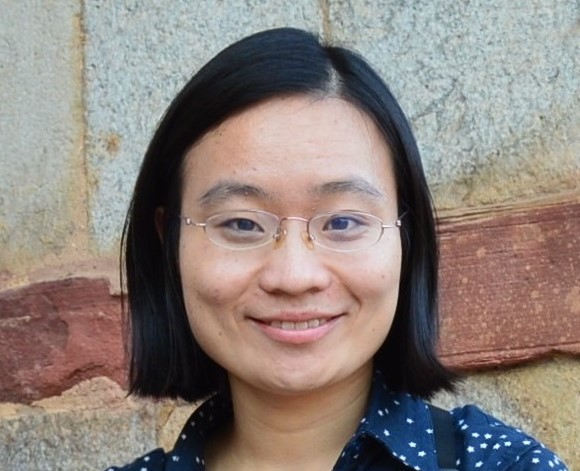
Kangkang (KK) Tong is a Post-doc at the Center for Science, Technology, and Environmental Policy, University of Minnesota. Her interest is about cities, infrastructure, and sustainability. Her research aims to investigate how and to what extent cities can contribute to sustainable development through rethinking infrastructure. She mainly uses carbon footprinting, material and energy flow analysis, life-cycle analysis, and scenario modeling in her studies. Her doctoral dissertation is on carbon accounting and infrastructure analysis in Chinese cities and sociotechnical transitions of community energy infrastructure in the U.S. Currently, she is studying urban energy and infrastructure transitions in U.S. cities, which is a part of NSF-SRN grant on Sustainable and Healthy Cities. KK holds a Ph.D. degree in Science, Technology, and Environmental Policy, a M.S. degree in Ecology, and a B.S. degree in Environmental Science.
Position: Post-doc
Institution: University of Minnesota
Degrees: PhD in Science, Technology, and Environmental Policy
Kangkang’s main research interest areas:
- Urban sustainable infrastructure
- Energy transitions
- Energy justice
- Climate change
- Future scenario analysis
Kangkang’s favorite cities and why:
Boston, MA, USA. Stockholm, Sweden. Walk-able, feel the energy of the city, green space, clean, and convenient (also not too crowded)
How Kangkang got interested in cities research and sustainability:
KK’s passion for environmental protection drove her to major in environmental science as an undergrad. Eventually, she realized that many environmental problems are rooted in people and cities. After knowing many of the negative environmental impacts associated with cities, she began to think about whether cities can contribute to sustainability. When she began to work with Prof. Anu Ramaswami at the University of Minnesota, her focus was narrowed to infrastructure in cities. Results from several projects during her PhD demonstrated that cities can provide unique opportunities for carbon mitigation and other co-benefits in Chinese cities through rethinking infrastructure. These findings are rewarding and become new motivations to further study different urban systems.
